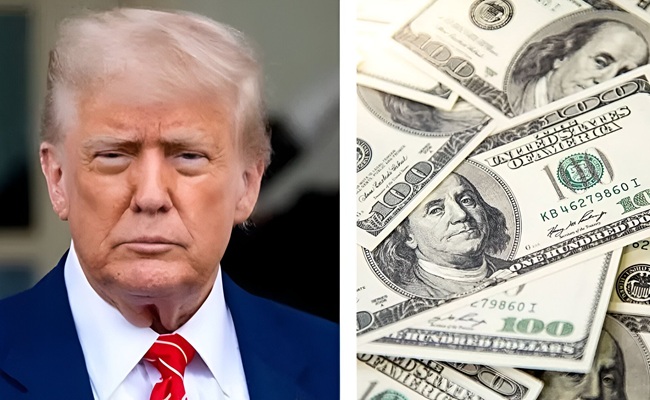
A new tax proposal by the U.S. House of Representatives could introduce a 5% tax on remittances sent by non-citizens, including millions of Non-Resident Indians.
This bill seeks to make the 2017 Tax Cuts and Jobs Act permanent, extend the child tax credit, and increase the standard deduction.
To fund these benefits and bolster border security, the government plans to tax international money transfers made by immigrants, marking a major shift in U.S. tax policy.
Currently, India is the world’s largest recipient of remittances, receiving approximately $83 billion annually, much of it from the U.S.
Under the proposed tax, for every Rs 1 lakh sent home, Rs 5,000 would be deducted as tax before the money reaches the recipient.
This will affect financial support that NRIs send to families for daily expenses, education, healthcare, and property investments.
The tax would apply to all legal transfer methods, including banks and NRE and NRO accounts, limiting ways to avoid it without breaking compliance.
The bill is expected to pass rapidly, with the House targeting Memorial Day 2025 for approval and the Senate expected to act soon after. If enacted by July 4th, the tax will be collected at the time of transfer by financial institutions.
NRIs should consider sending planned remittances before the law takes effect and review their financial strategies.
The 5% remittance tax represents a major policy change, requiring careful tax planning and budgeting for affected individuals.
Whether this 5% tax will be levied on non-profit organizations’ transactions, such as those of TANA and ATA, or whether it will extend to business transactions as well, remains unclear and requires further clarification.













1768616630.jpg&width=113&height=62&action=resize&quality=100)
